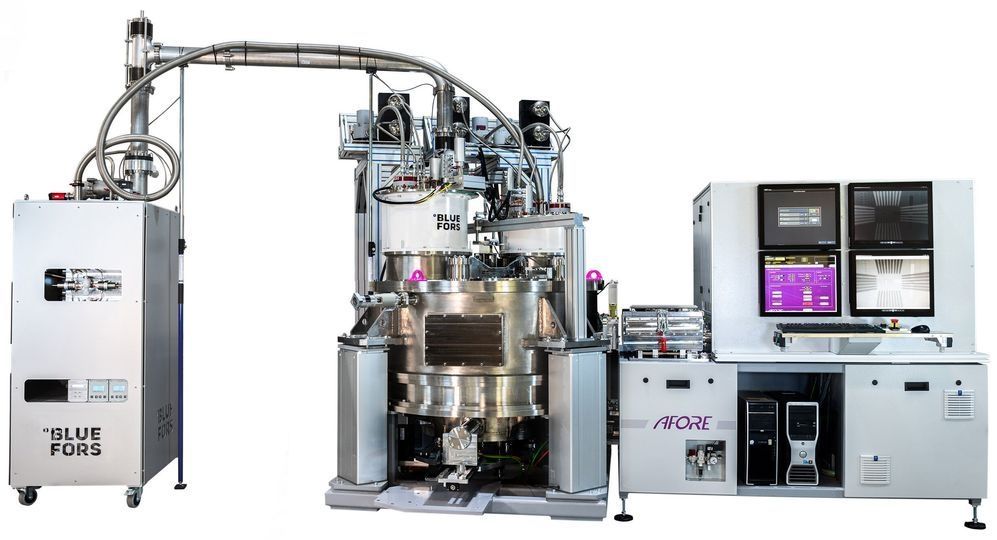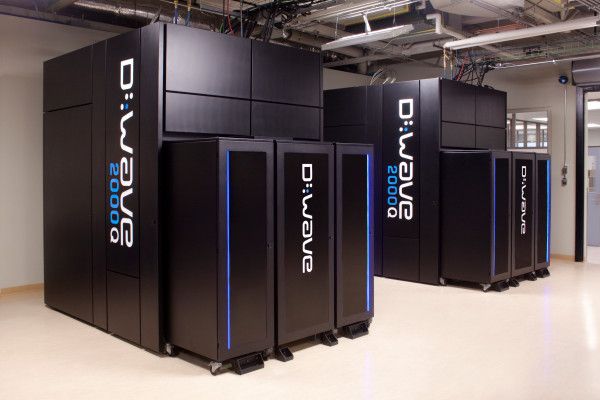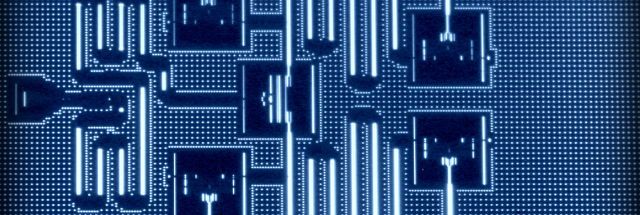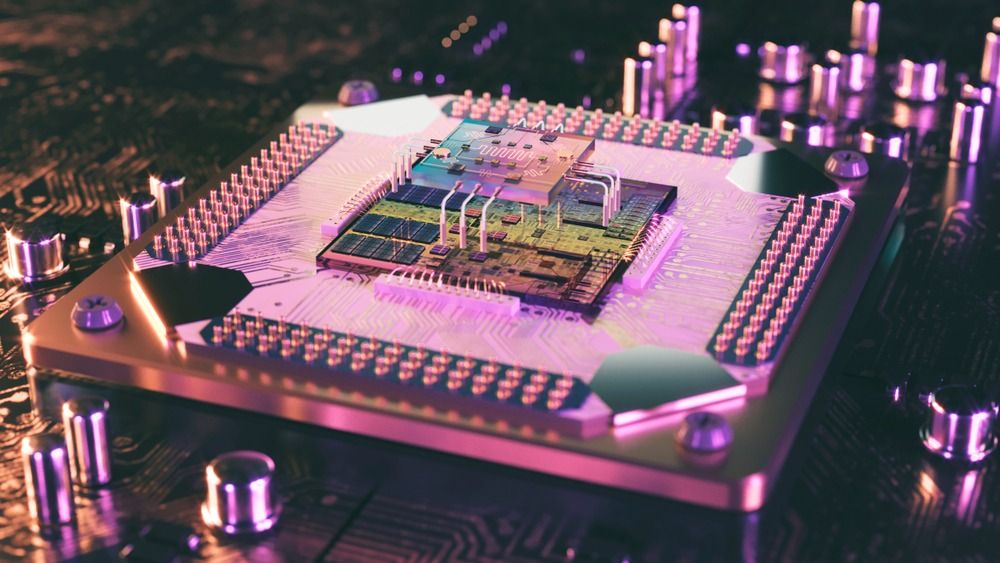Building a quantum computer requires reckoning with errors—in more than one sense. Quantum bits, or “qubits,” which can take on the logical values zero and one simultaneously, and thus carry out calculations faster, are extremely susceptible to perturbations. A possible remedy for this is quantum error correction, which means that each qubit is represented redundantly in several copies, such that errors can be detected and eventually corrected without disturbing the fragile quantum state of the qubit itself. Technically, this is very demanding. However, several years ago, an alternative proposal suggested storing information not in several redundant qubits, but rather in the many oscillatory states of a single quantum harmonic oscillator. The research group of Jonathan Home, professor at the Institute for Quantum Electronics at ETH Zurich, has now realised such a qubit encoded in an oscillator. Their results have been published in the scientific journal Nature.
Periodic oscillatory states
In Home’s laboratory, Ph.D. student Christa Flühmann and her colleagues work with electrically charged calcium atoms that are trapped by electric fields. Using appropriately chosen laser beams, these ions are cooled down to very low temperatures at which their oscillations in the electric fields, inside which the ions slosh back and forth like marbles in a bowl, are described by quantum mechanics as so-called wave functions. “At that point, things get exciting,” says Flühmann, who is first author of the Nature paper. “We can now manipulate the oscillatory states of the ions in such a way that their position and momentum uncertainties are distributed among many periodically arranged states.”








